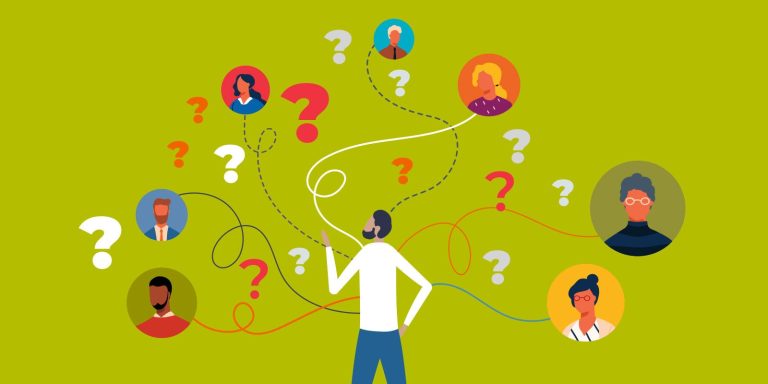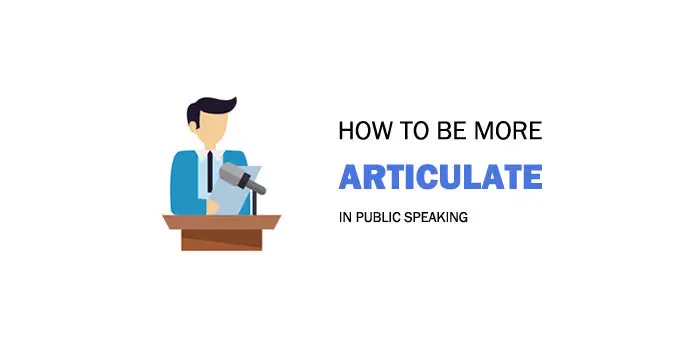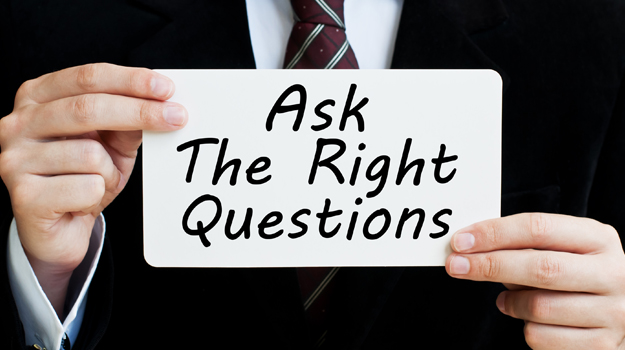Crafting Win Win Situation: Creating Harmonious Relationships Through Collaboration
A win-win situation is one in which both entities reach an agreement or outcome that is mutually beneficial. It is a way of creating balanced relationships, where each side benefits from the arrangement.
Creating harmonious relationships is essential for people and businesses alike, as it allows them to build trust and understanding with one another, leading to greater satisfaction and improved results. This article will explore how collaboration can be used to develop successful partnerships through communication, cooperation, negotiation, and empathy.
What is a win-win situation?
A win-win situation occurs when both entities involved reach an agreement or outcome that helps them both achieve their goals. Both sides must agree on terms that are beneficial for all those in the relationship. This is different from a win-lose situation, which only benefits one party while the other loses out.
Win-win situations can be beneficial as they foster mutual respect and understanding between parties, enabling them to build trust and collaborate effectively.
Why it is important to create harmonious relationships?

Creating harmonious relationships is essential for creating a positive and productive environment. It not only serves as the foundation for trust and respect but also helps to cultivate understanding between individuals and organizations. When two parties are in a balanced relationship, they can work together to achieve a common goal without feeling misused or overlooked.
Trusting relationships promote collaboration and compromise, allowing each side to get what they need while helping the other party in return. Furthermore, this type of relationship builds a good reputation, which can have many advantages such as better customer service and improved customer loyalty.
Finally, it encourages communication, resulting in better problem-solving skills and more efficient decision-making processes among involved parties.
Harmonious relationships also help to reduce stress and conflict, as people are able to trust each other enough to collaborate effectively. This can create a more productive working environment as well as a more positive team atmosphere. Additionally, it provides an opportunity for individuals to learn from each other, becoming better partners and communicators over time.
Power of Collaboration

How does collaboration help to achieve greater success?
Working together collaboratively encourages two or more sides to think about problems from different perspectives; this leads to creative problem-solving techniques that allow for creative solutions tailored specifically to the task at hand. When collaborating with others you open yourself up to new ideas and information while establishing strong relationships that can aid in any future endeavors as well.
Additionally, when working together you are able to take advantage of collective knowledge; this helps everyone involved gain more expertise over time rather than just relying on individual experience alone. By collaborating with others we can create team synergy where everyone benefits from the efforts of the group rather than just themselves – something known as a “win-win situation” scenario!
Developing Successful Relationships through Empathy, Communication, Cooperation & Negotiation
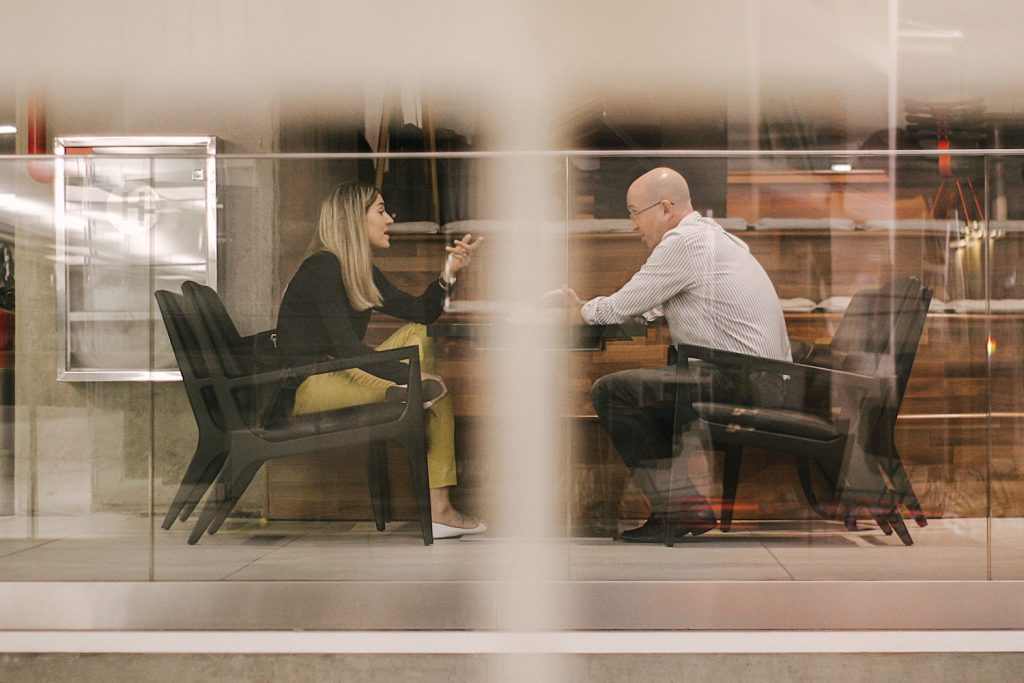
Understanding the power of empathy
Empathy is not just about understanding others, it’s also about finding a win-win solution that benefits everyone involved. When we empathize with someone, we’re able to see beyond our own perspective and consider the needs and desires of others. This allows us to make informed decisions that address their needs while also considering our own interests.
To achieve a win-win outcome, effective communication is key. We need to be mindful of how our words and actions impact others and work towards fostering an environment of openness and respect. This can be achieved through active listening, clear communication, and approaching conversations thoughtfully with sincerity and an open mind.
By establishing a secure environment where both parties feel listened to and acknowledged, we increase the likelihood of discovering solutions that benefit all individuals involved. Creating a safe space for discussions is crucial in ensuring that both parties benefit from the negotiation process.
By focusing on empathy and effective communication, we can build strong relationships that are based on mutual understanding and respect.
In conclusion, understanding the power of empathy is essential for building strong relationships in both personal and professional settings. By practicing active listening, clear communication, mindfulness of emotions, creating a safe space for dialogue, and being willing to answer difficult questions, we can achieve win-win outcomes that benefit everyone involved.
Want to create win-win situations? It requires effective communication.

Effective communication is the cornerstone of successful collaborations, creating a win-win situation for all parties involved. By providing clarity during negotiations and ensuring that each party understands the terms before reaching an agreement, we can foster fruitful partnerships that benefit everyone.
Moreover, healthy communication practices also help establish strong boundaries and avoid misunderstandings or confusion. This creates a sense of trust between partners and leads to reliable expectations that individuals can rely on. When there is clear communication, everyone knows what to expect from one another, which can head to more efficient workflows and better decision-making processes.
By prioritizing win-win outcomes through effective communication practices, we create an environment where everyone feels heard and respected. This helps build stronger relationships based on mutual trust and understanding. When we communicate effectively, we can overcome challenges together and achieve our goals in a way that benefits everyone involved.
In conclusion, good communication is essential for building productive collaborations that lead to win-win outcomes. By establishing clear boundaries, avoiding misunderstandings, and fostering trust between partners, we create a foundation for success that allows us to work towards our goals with confidence.
How cooperation can help build strong partnerships for a win-win deal.
Building strong partnerships requires cooperation and a commitment to achieving win-win outcomes. By working together cooperatively, partners can bridge gaps faster by sharing resources and knowledge available within the organization.
To ensure effective collaboration, it’s important to approach difficult conversations proactively. By implementing systems such as checklists, we can establish proper protocols throughout decision-making processes and minimize conflicts. This allows teams who regularly cooperate effectively to mitigate issues efficiently, leading to better outcomes for everyone involved.
When partners are willing to communicate openly and compromise when necessary, they can find solutions that benefit both parties equally. By understanding each other’s needs and being flexible in our approach, we can build strong partnerships that stand the test of time.
In conclusion, cooperation is essential for building strong partnerships based on mutual respect and trust. To split resources and knowledge, proactively approach challenging conversations, and maintain an open mind toward compromise is how we can achieve our goals together while minimizing conflicts along the way.
Strategies for a win-win negotiation.
Win-win negotiation strategies aim to achieve the mutual benefit between both parties, preventing any single side from manipulating or exploiting its counterpart(s).
Building effective win-win strategies involve understanding our desired objectives and interests while also determining what we need out of negotiations for long-term sustainability. It is important to focus on present compromises that can benefit our partner rather than solely focusing on future gains, which could lead to politically sensitive discussions.
Additionally, mediating points play a crucial role in achieving win-win outcomes by deterring disagreements rapidly without relying solely on legal contracts. This leaves more room for flexibility and lowers costs if either party needs to amend policies later down the line.
Win-win negotiation doesn’t require you to split resources right down the middle with a sole focus on being ‘fair.’” “It doesn’t mean automatically making a concession just because the other party made one. And it doesn’t mean that you should try to avoid conflict and tension at all costs.” Sometimes, all it takes to transform a seemingly lose-lose situation into a win-win one is a little bit of imagination, consideration, and cooperation.
Summary /Conclusion
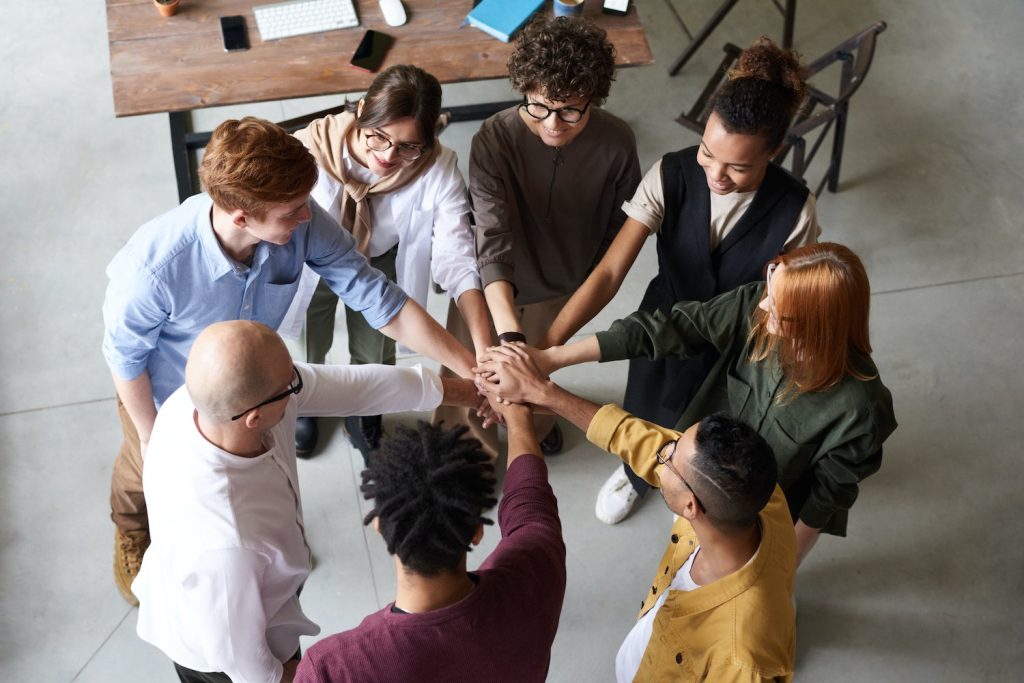
To sum up what has been discussed previously here: A win-win situation is created when two entities have reached an amicable agreement where both sides receive something beneficial out of it; this type of mutually beneficial partnership, therefore, contributes towards forming harmonious relationships amongst all competitors/individuals/organizations involved grows trusting reputation likewise improve performance metrics over time too thus taking necessary steps such as offering empathetic listening along effective communications with cooperative partnerships + negotiating skillful tactics enhances chances having successful collaborations whenever possible, especially when looking into future engagements eventually ensuring sustainable long term cohesiveness amongst teams over short term victories.


